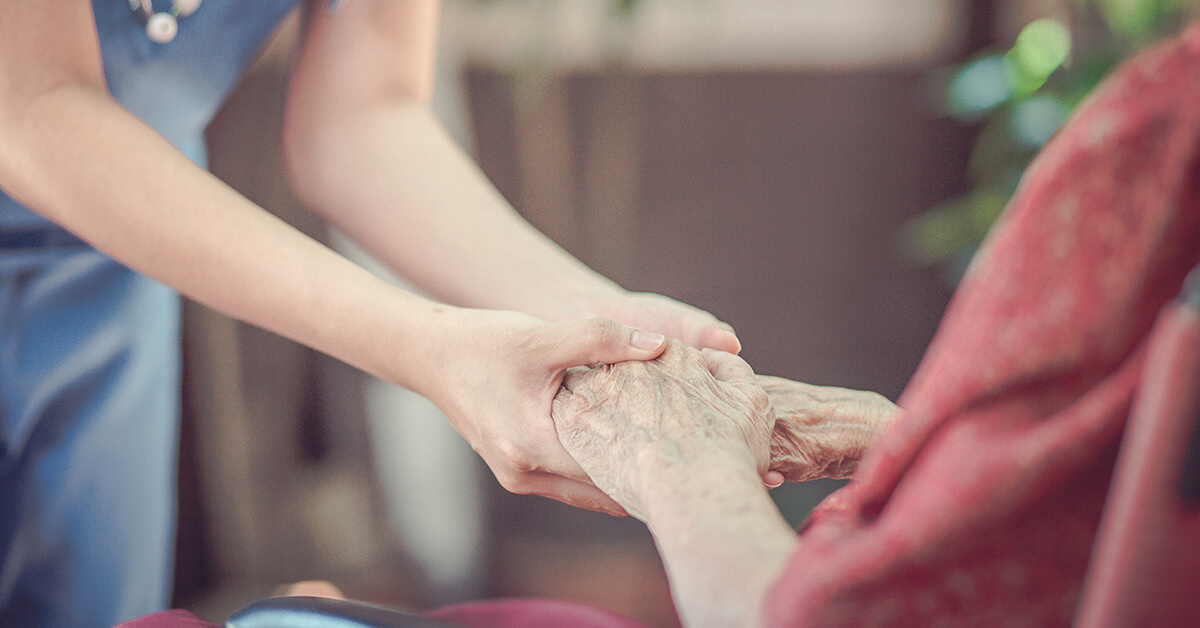July 9, 2025

Tired of Waiting
A funny thing happens when you get older. You become significantly less willing to wait. For a drink at the bar. For a table in a restaurant. For concert tickets online. For lunch meat at the deli counter. For a representative on the phone. For certain relatives to show up for a party. For a spot at the craps table.
Maybe it’s because your tolerance for waiting is gone after decades of waiting. Maybe it’s because your clock is ticking and every second left is more valuable.
You know who doesn’t care that seniors are tired of waiting? Hospitals. If they did, the stats would be much different in this short but revealing research letter published in JAMA Internal Medicine last week.
Three physician researchers affiliated with Beth Israel Deaconess Medical Center, the Hinda and Arthur Marcus Institute for Aging Research and the Harvard Medical School wanted to know how long patients 65 and older had to wait in hospital emergency rooms and how long they had to wait to get admitted to a bed after their ER visit was over.
The latter outcome is often referred to as “boarding time” as if sick seniors were dogs. But I digress.
The study pool consisted of 1,633 hospitals, 295 million patients and 78 million admissions from January 2017 through December 2024. Epic’s Cosmos database supplied the data.
Here are the not-so-surprising findings, if you’ve been in an ER lately:
- The percentage of senior ER patients who had to wait in hospital ERs longer than eight hours rose to 20% in 2024 from 12% in 2017.
- The percentage of senior ER patients who had to wait longer than three hours to get admitted to a bed after their ER visit was over rose to 36% in 2024 from 22% in 2017.
“The causes of these trends require elucidation and may include increasing patient complexity and demand, ongoing bed shortages due to staff and resource constraints, and lack of capacity for discharge to post-acute care settings,” the researchers said.
Further: “Worsening ED (emergency department) LOSs (length of stays) and boarding contribute to ED crowding, reflect systemic healthcare dysfunction, and, most importantly, harm individual patients. Addressing these trends is critical to safeguarding both the health of older adults and the health systems caring for them.”
Safeguarding the health of health systems caring for them? Give me a break.
I’m tired of waiting for the healthcare system to start treating us like paying customers. Because we are. And why isn’t my table ready?!
Thanks for reading.





